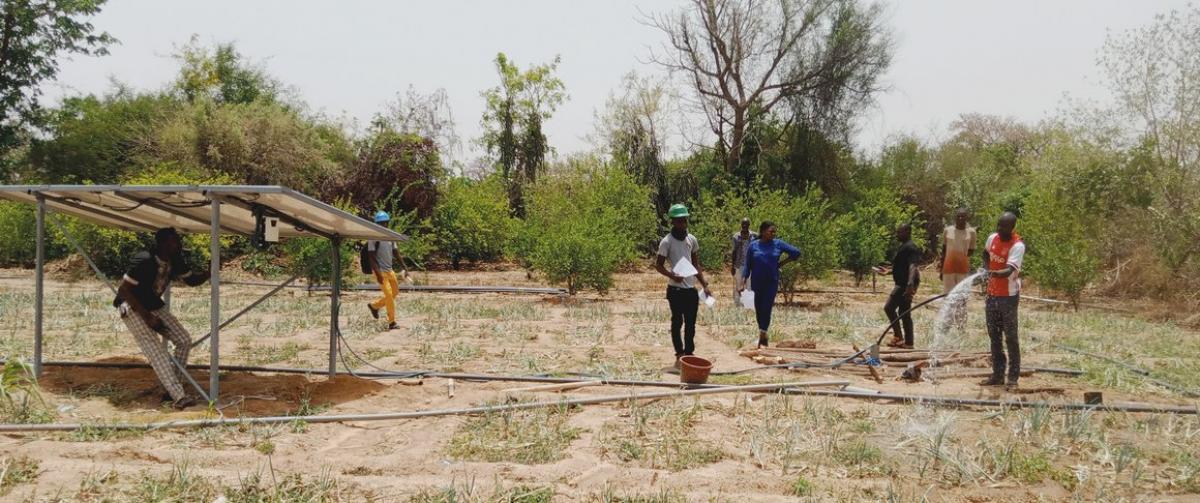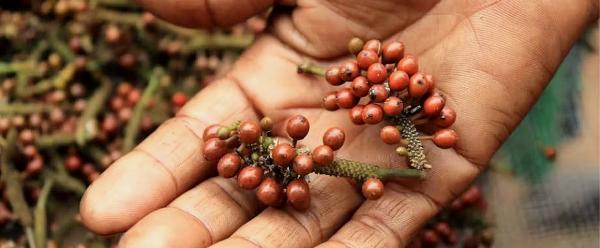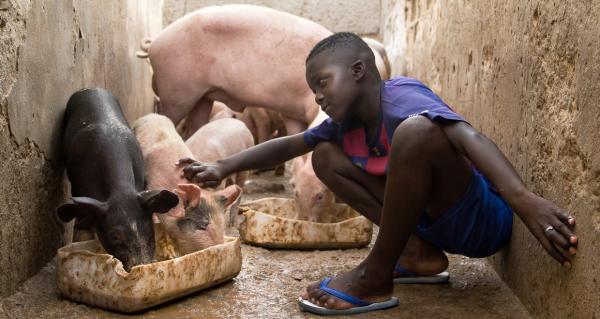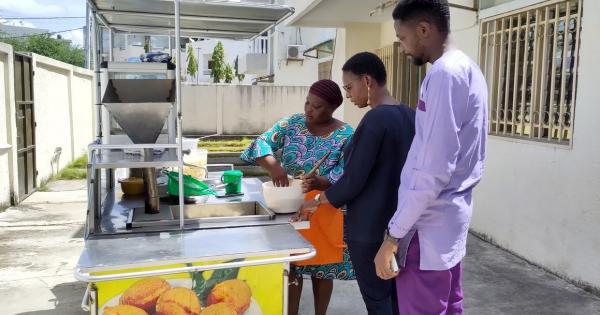Science at work 4 March 2024
- Home
- CIRAD news
- News
- Customized small-scale irrigation systems for small-scale farms
IRRINN | Customized small-scale irrigation systems for small-scale farms
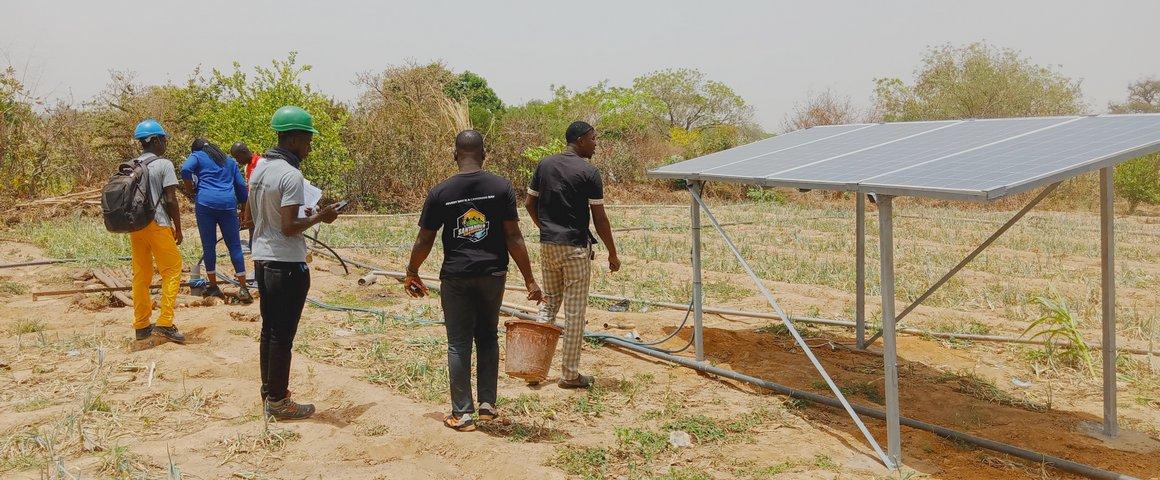
In the Ouagadougou region (Burkina Faso), 40 market gardeners have received grants to buy submerged solar-powered pumps, under the umbrella of the IRRINN project © Diro Toé
"Since the solar pump was installed, I've been earning more money. I've been able to build my own house and even buy a motorbike", says Rasmata Kaboré, one of the IRRINN project's 40 beneficiaries.
In the Sahel, most agriculture is rainfed, in other words is not irrigated. That total dependence on rainfall is a key factor in poverty. The limited water supply restricts the range of possible crops, productivity, and above all the size of market garden plots, since vegetables require regular watering. often have no other choice but to fetch water in buckets or watering cans, which is such hard work that they cannot handle plots of more than 3000 m².
A project working to develop irrigation for very small-scale market gardeners
It was in this context that the IRRINN project was launched in Burkina Faso. It is coordinated by CIRAD, includes six other partners* and is funded by the European Union under its DeSIRA programme. IRRINN is developing farmer-led irrigation around Ouagadougou. The project began in early 2021, and at mid-term, it has already produced encouraging results.
Firstly, IRRINN tested a range of small-scale private irrigation techniques such as boreholes with submerged or surface pumps powered by solar panels or generators, micro-drip or drip systems, small concrete tanks (a technique used in Senegal) or large-diameter wells. Of those techniques, boreholes with submerged solar pumps proved most popular.
Scaling up with 40 farmers
Innovation platforms have been set up in four villages around Ouagadougou. Some 40 vegetable producers have received grants to buy submerged pumps powered by solar panels. "The experiment was very popular: we had more than 120 candidates even once we had weeded out the wealthiest applicants", Bruno Barbier, CIRAD researcher and project coordinator, recalls. "Of those 120, we drew 40 at random, who proved to be primarily women and young people."
An innovative funding mechanism
The way in which the solar pumps are funded is innovative, since the supplier and installer allow differed payment. When the farmer places his or her order, they sign a contract and pay 7% of the cost of the equipment. The remainder of his or her share (23%) is spread over 24 months, interest-free. The European Union, for its part, provides a 70% grant that therefore reduces the risk to the supplier. As set out in the contract, in the event of non-payment, if reconciliation fails, the supplier may decide to repossess the pump. "The lack of guarantees is a recurrent sticking point as regards agricultural credit", Bruno Barbier stresses. However, provided farmers keep up with their payments, they benefit from an after-sales service until the end of their contract.
* APESI - Action pour la promotion de l’entrepreneuriat et des systèmes d’irrigation (Burkina Faso), CSIC - Consejo Superior de Investigaciones Científicas (Spain), INERA - Institut de l’environnement et de recherches agricoles (Burkina Faso), Stichting Practica (Netherlands), ZALF - Leibnitz-Zentrum für Agrarlandschafstforschung (Germany), 2iE - Institut International d'Ingénierie de l'Eau et de l'Environnement (Burkina Faso).
























